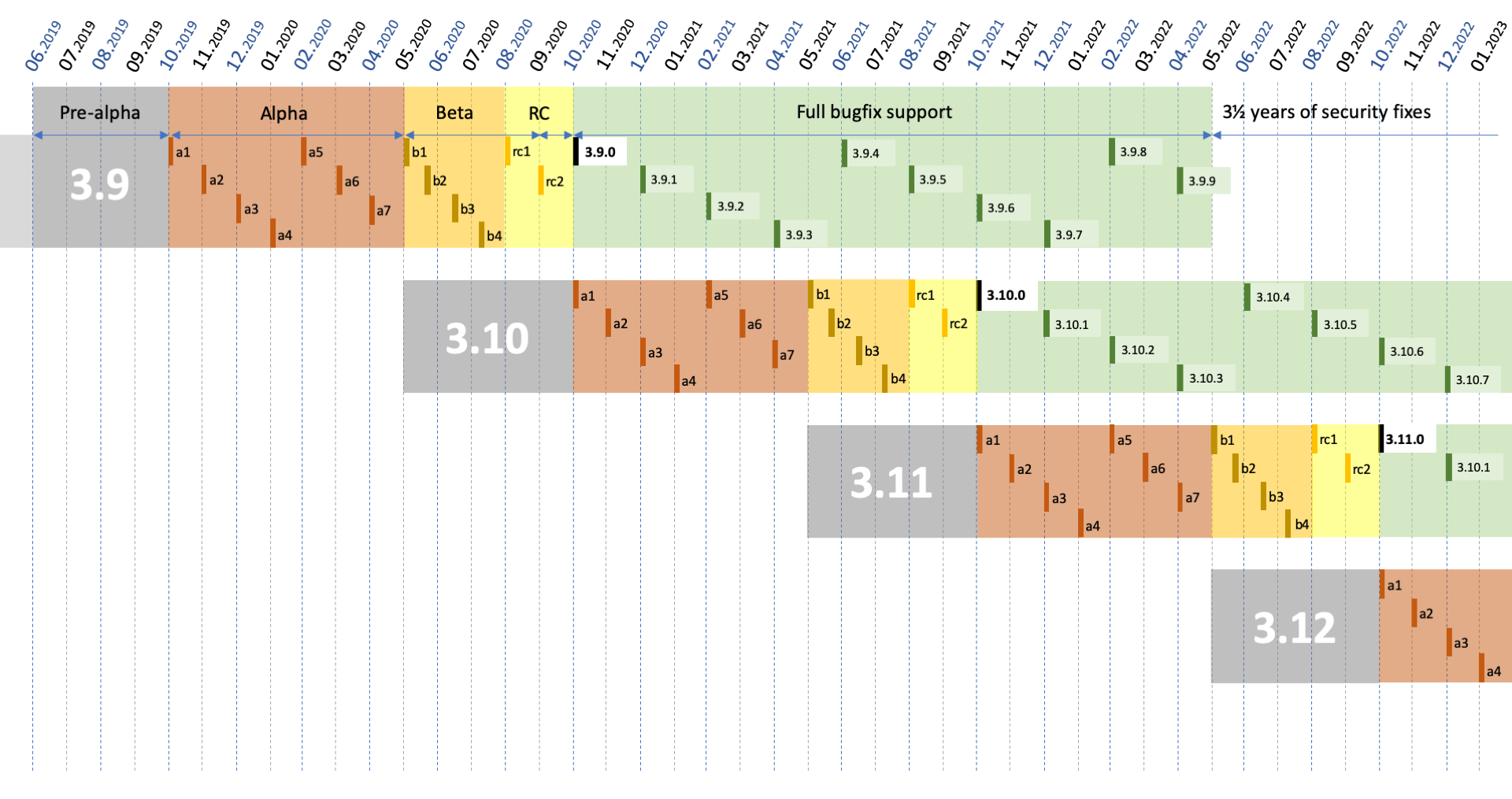if the filename contains Shell Commands they will be executed if they are passed to os.system() as discribed in the docs. Filename should be quoted with quote(filename) to fix the bug.
https://docs.python.org/2/library/mailcap.html
"mailcap.findmatch(/caps/, /MIMEtype/[, /key/[, /filename/[, /plist/]]])
Return a 2-tuple; the first element is a string containing the
command line to be executed
(which can be passed to\*os.system() \*),......"
Exploid Demo wich runs xterm but should not : \=============================
import mailcap
d=mailcap.getcaps()
commandline,MIMEtype=mailcap.findmatch(d, "text/*", filename="'$(xterm);#.txt")
## commandline = "less ''$(xterm);#.txt'"
import os
os.system(commandline)
## xterm starts=============================
By the way ... please do not use os.system() in your code, makes it unsafe.
Best regards Bernd Dietzel Germany
 Figure 1 from
Figure 1 from
Note: these values reflect the state of the issue at the time it was migrated and might not reflect the current state.
Show more details
GitHub fields: ```python assignee = None closed_at = None created_at =
labels = ['type-security', '3.11', 'library', 'docs']
title = 'mailcap.findmatch: document shell command Injection danger in filename parameter'
updated_at =
user = 'https://bugs.python.org/TheRegRunner'
```
bugs.python.org fields:
```python
activity =
actor = 'vstinner'
assignee = 'docs@python'
closed = False
closed_date = None
closer = None
components = ['Documentation', 'Library (Lib)']
creation =
creator = 'TheRegRunner'
dependencies = []
files = ['40099', '40116', '40897']
hgrepos = []
issue_num = 24778
keywords = []
message_count = 14.0
messages = ['247857', '247861', '247944', '247946', '247951', '247979', '247992', '248058', '248061', '248062', '248070', '248074', '253689', '416878']
nosy_count = 4.0
nosy_names = ['vstinner', 'r.david.murray', 'docs@python', 'TheRegRunner']
pr_nums = []
priority = 'normal'
resolution = None
stage = None
status = 'open'
superseder = None
type = 'security'
url = 'https://bugs.python.org/issue24778'
versions = ['Python 3.11']
```
Linked PRs